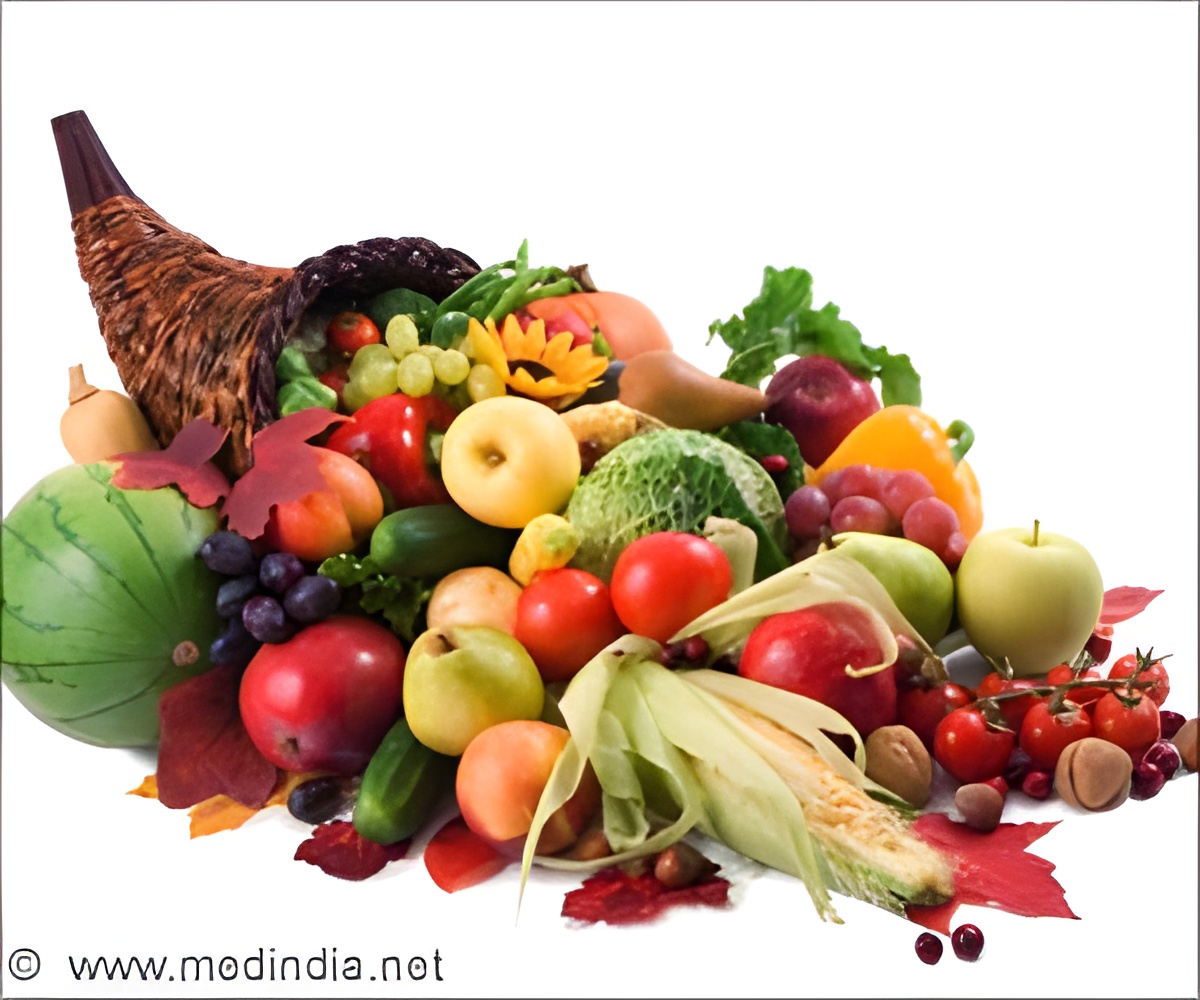Using a newly developed computational model of population-wide behavioral dynamics, an IIASA-led study had explored the major drivers of widespread shifts to sustainable diets.

‘High meat consumption - especially of red and processed meat - has been linked to poor health outcomes, including diabetes, heart disease, and various cancers. Livestock farming for meat production also has a massive environmental footprint.’





It therefore seems logical that several studies have demonstrated that diet change, especially lowering red meat consumption, can significantly contribute to the mitigation of climate change and environmental degradation, while also being conducive to better public health.
Previous studies on diet change scenarios involving lowered meat consumption, which were mostly based on stylized diets or average consumption values, showed promising results in terms of alleviating environmental degradation. If the world's average diet, for example, became flexitarian by 2050, in other words, people started to limit their red meat consumption to one serving per week and white meat to half a portion per day, the GHG emissions of the agriculture sector would be reduced by around 50%. This seems like an easy change to make, but research shows that due to the scale of behavioral change required, most of these scenarios will be difficult to achieve. In their study published in Nature Sustainability, researchers from IIASA and the University of Koblenz-Landau explored the major behavioral drivers of widespread shifts to sustainable diets. "The human behavior aspect of such large scale diet changes have to our knowledge not been studied before in relation to the food system, although we need this information to understand how such a global change can be achieved. Our study covers this gap based on a computational model of population-wide behavioral dynamics," explains Sibel Eker, a researcher in the IIASA Ecosystems Services and Management Program and lead author of the study.
Eker and her colleagues adapted the land use module of an integrated assessment model to serve as a platform from where the population dynamics of dietary changes and their environmental impacts could be explored. They drew on environmental psychology to mimic population dynamics based on prominent psychological theories and included factors such as income, social norms, climate risk perception, health risk perception, and the self-efficacy of individuals, while considering the heterogeneity of their age, gender, and education levels. They then ran the model in an exploratory fashion to simulate the dynamics of dietary shifts between eating meat and a predominantly plant-based diet at the global scale. This computational analysis allowed them to identify the main drivers of widespread dietary shifts.
The results indicate that social norms - the unwritten rules of behavior that are considered acceptable in a group or society - along with self-efficacy are the key drivers of population-wide dietary shifts, playing an even more important role than both climate and health risk perception. The team also found that diet changes are particularly influenced by how quickly social norms spread in the young population and the self-efficacy of specifically females. Focusing on the behavior influencing factors highlighted in this study could therefore be helpful in the design of policy interventions or communication campaigns where community-building activities or empowering messages could be employed in addition to communicating information around climate and health risks related to meat consumption.
According to the researchers, to their knowledge, theirs is the first coupled model of climate, diet, and behavior. The modeling framework they developed is general and can be adapted to address new research questions, thus opening the door to many potential applications to explore connections between behavior, health, and sustainability. They plan to collect more data from sources like social media to quantify their model, as well as focus on specific cases where cultural values and traditions also play an important role in whether people are willing to adapt their behavior or not.
Advertisement
Source-Eurekalert












